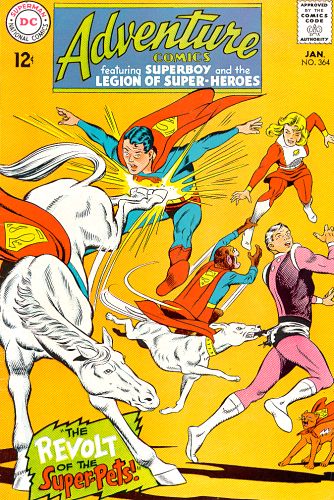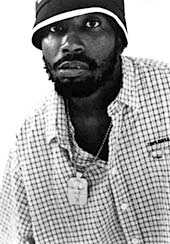I’d initially posted some ballyhoo about taking a break. But announcing yet another hiatus strikes me as not only repetitious, but vaguely dishonest. This blog has always served as a beacon for truth. A skewered truth, a truth restricted by my own blinders, sometimes a downright ugly honesty. But truth nonetheless. I’d be doing my readers a disservice if I didn’t explain why my appearances here will be less frequent.
William Gaddis once described it as “the rush for second place” and composed an essay on the subject in 1981. He dared to chart how a certain spirit of rebellion in American culture was often spawned by a gnawing sense of failure, a long and frustrated nose cantilevered against a morose and pockmarked face that frowned long into the deepest shadows of yesteryear. The feeling that one’s efforts weren’t worth much in the long run. The successful person in our society, the hard-liner who plays by the rules and makes partner or vice president after a decade or two of thankless labor, is in so deep that it would never occur to him that there are others who starve and scrape for an altogether different success. These lower-end feeders are often derided as failures. Their needs don’t meet the basic burden. But what would our world be without these non-conformists who perform unspoken deeds in the dead of night?
Whatever measure of success one finds, there are hard choices. Passion flaring over common sense. And when a bottom-end straggler reaches a certain age, when the hair falls out and the crow’s feet form around the eyes, there comes a point where one wonders why it continues. Because persistence pays off? Sometimes. Because no man is an island? Definitely.
The duty remains, the steadfast flow follows. But it requires rumination and rest and unseen labor and barely any sleep. I’ll be back, but right now I’m reoiling the wheels. And I’m smiling as I dance in the dark.
[UPDATE: In response to certain socipathic nitwits who clearly have more time than I do (and whose currency is so inflated that they feel the need to goad some A-1 folks), I quote Carl Sandburg: “Time is the coin of your life. It is the only coin you have, and only you can determine how it will be spent. Be careful lest you let other people spend it for you.”]
[UPDATE THE SECOND: Publisher’s Lunch reports this item: “Separately, the NYT Book Review has announced that next Sunday’s issue will present a considerably slimmed-down 100 Notable Books of the Year. They will publish their list of top 10 books of the year on December 12. Editor Sam Tanenhaus says of the ‘more selective’ list, ‘In general, we favored strong narratives. This happens to be a year when some of the best books, fiction and nonfiction, were about or set in the past.'”
[I can’t tell you how sad this makes me feel. One of the great annual joys is seeing the NYTBR present a crazed list that backs up their credentials as a book review source for one of the nation’s major newspapers. It essentially communicates to the reader that, love or hate their selections, the NYTBR is doing its job. But more importantly, much like the recent joys of the IMPAC longlist, the sheer number of books is something to cheer about, an annual occurrence that offers a friendly nod to reading. The reader finds the morsels he may have forgotten about and a few titles he didn’t know about. It’s a win-win situation between reader and listmaker.
[That Tanenhaus would scale this down to a piddly selection of ten (no doubt with Leon “Scummy Little Reviewer” Wieseltier’s involvement) proves that, despite his recent poetry issue and the inclusion of James Wood prominently on his pages, he still remains an asshat who is, in all likelihood, Bill Keller’s corporate handmaiden. That he would dispense with such a proud tradition in favor of audience-friendly “10 Sexiest Books Alive” homages to People convinces me that, unless he offers a compelling alternative, he’s not going to get any brownies on my watch.
[NO BROWNIES FOR YOU, MR. TANENHAUS!
[UPDATE TO SECOND UPDATE: The good Dr. Jones, fresh from his excavations in Nepal, informs me that we can’t withhold baked goods until the final tally. To uphold the brownie fairness doctrine, I renege on my brownie decision until we see what happens over the next two weeks. Tanenhaus shall salivate at his own peril.]


 Magic Space Mountain: An exciting new ride that takes seven years to complete! Riders will be pummeled with ideas and then treated at a hospital, where they will rhapsodize with Mickey Mouse and philosophers.
Magic Space Mountain: An exciting new ride that takes seven years to complete! Riders will be pummeled with ideas and then treated at a hospital, where they will rhapsodize with Mickey Mouse and philosophers.



